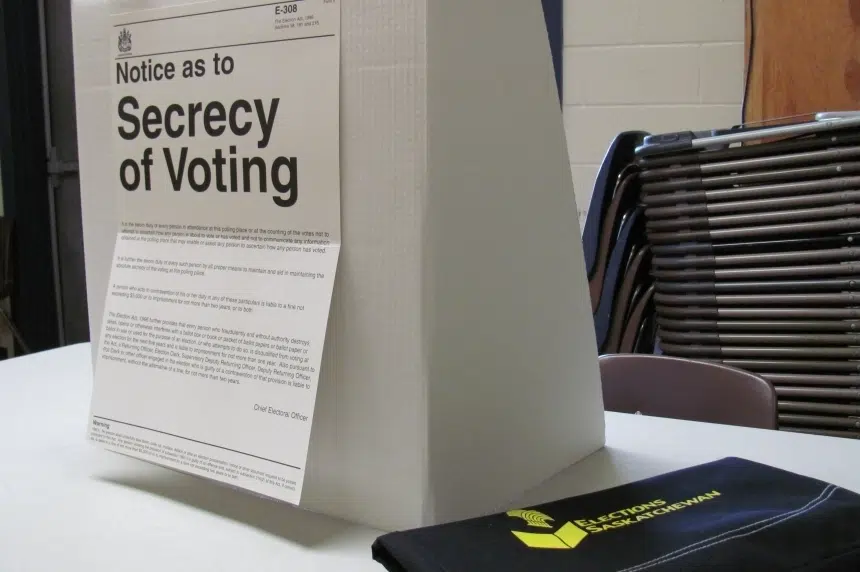Political scientists Jim Farney and Greg Poelzer said Tuesday they were intrigued by the results of Monday’s provincial election — and especially the lack of results for one party in certain ridings.
Both men were surprised about the performance by Ryan Meili and the NDP.
“I thought the NDP was doing a decent job of getting Meili to kind of motivate the party to get out there and work,” Farney, a professor at the University of Regina, told Gormley. “Unless there was a really different story in the mail-in ballots, that’s not what we saw last night.”
Poelzer, an academic at the University of Saskatchewan, said the NDP’s results were jaw-dropping.
“I certainly did not anticipate the complete lack of a ground game for the NDP,” he said. “To fall below 30 per cent (in the popular vote), that just shows a complete lack of any kind of co-ordinated ground game to get out the votes.
“It was almost painful to watch.”
Farney noted social media can give people very staggering differences when it comes to voting.
“There’s a piece of the popular vote side and then a piece on the translating it into writing side. One of the things about Saskatchewan elections is that we’re seeing fewer and fewer people turn out and so one of the places in polling where it’s really easy to make mistakes is in figuring out who’s likely to vote,” Farney said.
“We’ve seen in almost all the polls this election that people who were very likely to vote were likely to vote Sask. Party. They tilted more Sask. Party than the general population.
“I think there’s a really powerful echo chamber effect on Twitter. Unless you’re following Twitter, just by following it as an individual, you’re not seeing anything. If you hit it with some kind of sophisticated analytics techniques, you’d be able to see patterns. But just by eyeballing it, it shows a set of echo chambers that don’t tell you much about what’s actually happening in the population.”
Farney was unsure of what party would get the upper hand with the mail-in ballots, while Poelzer believes the Sask. Party will see more ridings decided in its favour.
“I actually think the mail-in-ballots are going to favour the Saskatchewan Party,” Poelzer said. “If you look at what happened with incumbent elections — especially the recent B.C. election — and incumbency, it’s like the American Express card. Incumbency has its privileges and one of them tends to have better resources as well as being more organized.
“The B.C. election really showed the importance of incumbency. The Sask. Party also has that incumbency, and they’re very well-organized. I could be totally wrong on this but I think that’s going to favour the Sask. Party (in mail-in voting).”
The final results could take a while, as the counts on Monday and Wednesday are considered preliminary. The Nov. 7 count is considered the final count that would give the last results.
“I think the problem for the NDP and one of the core success pieces of the Sask. Party is that the Sask. Party really understands agribusiness and understands contractors and elements as well as understanding oil and gas, because it’s got connections into those communities,” Farney said.
“Those folks are not commenting about politics on Twitter. And I think one of the secrets of Saskatchewan’s political success is understanding where those people are, and what their issues are.”











